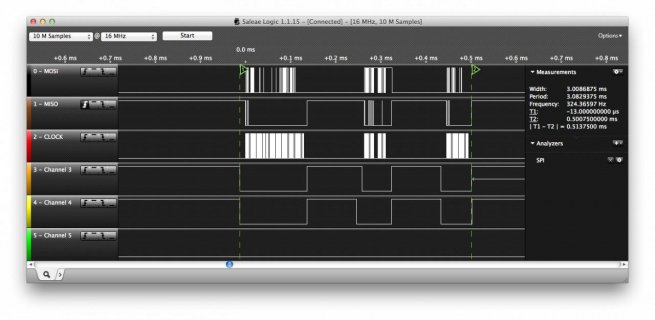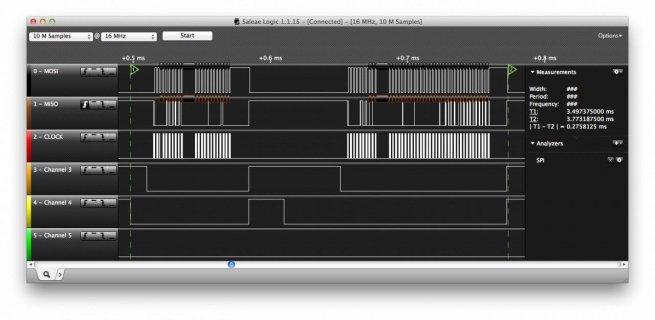I am connecting my Teensy 3 to an Adafruit CC3000 breakout board. I downloaded the latest Teensyduino and I am using the Arduino 1.05 IDE. I also downloaded the latest CC3000 library from Adafruit's github.
When I try and compile the Sendtweet sample sketch, I get an error:
I did a google search and no one else is mentioning this problem.
I looked in the Teensy pgmspace.h file and could not find strchr_P defined anywhere. The sketch uses this in its urlEncode function and the string that is encoded is in PROGMEM and therefore the need for strchr_P. I there a reason this function is not defined? Does anyone have a quick fix?
Thanks!
When I try and compile the Sendtweet sample sketch, I get an error:
SendTweet:360: error: 'strchr_P' was not declared in this scopeI did a google search and no one else is mentioning this problem.
I looked in the Teensy pgmspace.h file and could not find strchr_P defined anywhere. The sketch uses this in its urlEncode function and the string that is encoded is in PROGMEM and therefore the need for strchr_P. I there a reason this function is not defined? Does anyone have a quick fix?
Thanks!



